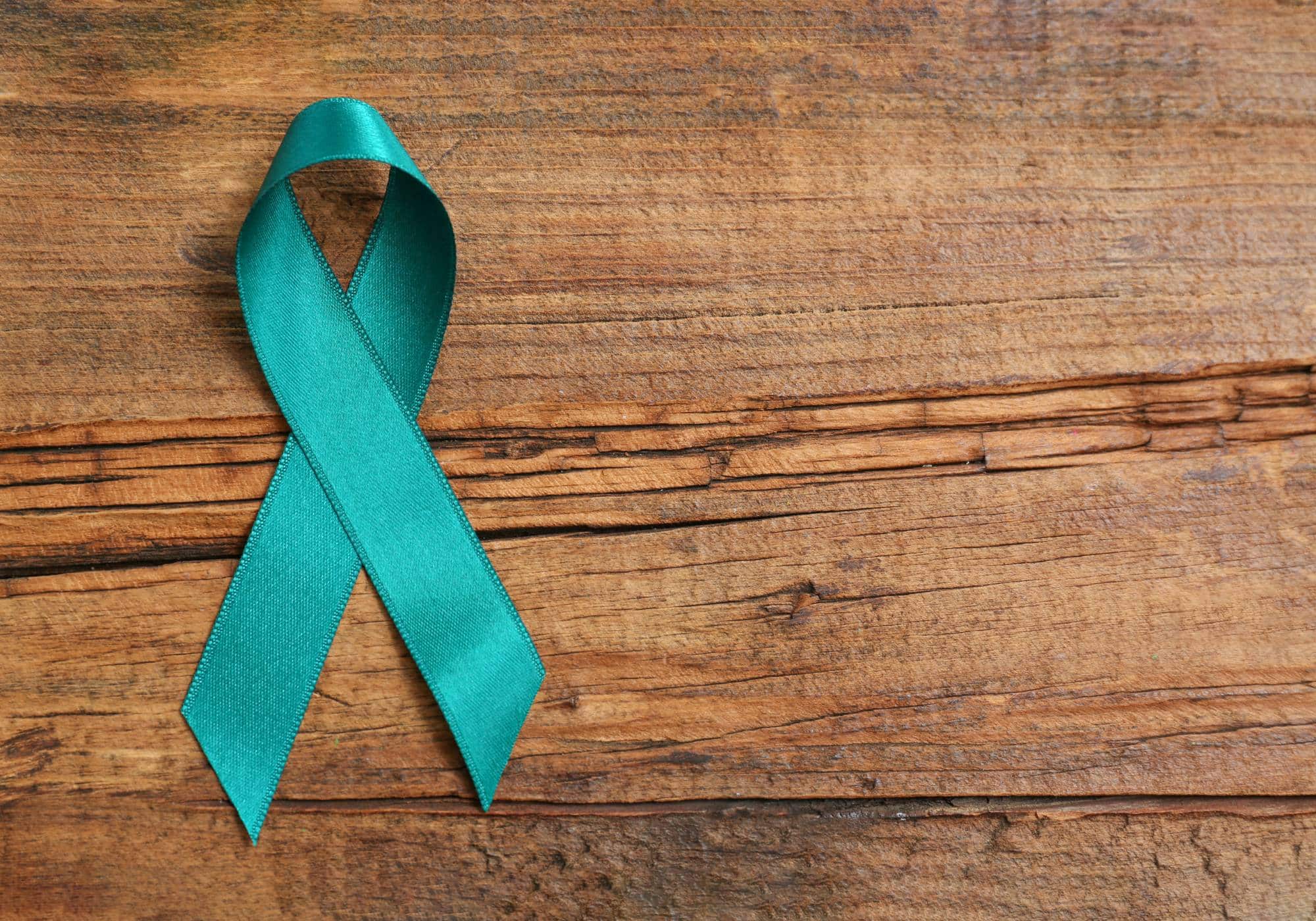Understanding PTSD During PTSD Awareness Month: Insights and Support
June is recognized as PTSD Awareness Month, a crucial time dedicated to enhancing understanding and fostering support around post-traumatic stress disorder (PTSD). While often associated with veterans and first responders, PTSD significantly affects people from all walks of life, including those dealing with various mental health challenges.
What is PTSD?
Post-traumatic stress disorder (PTSD) is a severe mental health condition triggered by experiencing or witnessing a traumatic event. Symptoms may include severe anxiety, flashbacks, uncontrollable thoughts about the event, and emotional numbness. While it’s natural to feel afraid during and after a traumatic situation, the ongoing, severe symptoms of PTSD interfere significantly with daily life.
Exploring the Link Between PTSD and Mental Health Disorders
Individuals suffering from PTSD may experience heightened symptoms of existing mental health disorders, or the stress from PTSD may precipitate new disorders. Common comorbid conditions include depression, anxiety disorders, and bipolar disorder. The intersection of PTSD with these conditions can complicate diagnosis and treatment, emphasizing the need for comprehensive mental health care that addresses all facets of an individual’s psychological well-being.
Symptoms of PTSD
Understanding the symptoms of PTSD is essential for early intervention and support.
These symptoms are generally grouped into four categories:
- Intrusive Memories:
- Recurrent, unwanted distressing memories of the traumatic event.
- Flashbacks or reliving the traumatic event as if it were happening again.
- Nightmares or upsetting dreams about the traumatic event.
- Severe emotional distress or physical reactions to reminders of the event.
- Avoidance:
- Avoiding places, activities, or people that remind one of the traumatic event.
- Avoiding thinking or talking about the traumatic event.
- Negative Changes in Thinking and Mood:
- Negative thoughts about oneself, other people, or the world.
- Hopelessness about the future.
- Memory problems, including not remembering important aspects of the traumatic event.
- Difficulty maintaining close relationships.
- Feeling detached from family and friends.
- Lack of interest in activities once found enjoyable.
- Difficulty experiencing positive emotions.
- Feeling emotionally numb.
- Changes in Physical and Emotional Reactions (also known as arousal symptoms):
- Being easily startled or frightened.
- Always being on guard for danger.
- Self-destructive behavior, such as drinking too much or driving too fast.
- Trouble sleeping.
- Trouble concentrating.
- Irritability, angry outbursts, or aggressive behavior.
- Overwhelming feelings of guilt or shame.
Raising Awareness and Providing Support
PTSD Awareness Month is an opportunity to dispel myths, spread information, and connect individuals to resources. Awareness initiatives can educate the public on the signs of PTSD, reducing stigma and encouraging those affected to seek help. Communities, healthcare providers, and individuals can engage in activities such as:
- Sharing personal stories and recovery journeys to inspire others.
- Providing educational workshops and resources.
- Participating in support groups and therapy sessions.
- Encouraging healthcare professionals to get trained in PTSD treatments.
Seeking Help for PTSD in Atlanta, GA
If you or someone you know is struggling with symptoms of PTSD in Atlanta, seeking help can be a critical first step. Contact Hooked on Hope Mental Health in Atlanta at 470-287-1927, we are professionals who specialize in PTSD and related mental health disorders. Treatment options, including therapy, medication, and lifestyle adjustments, can make a significant difference. Organizations like the National Center for PTSD provide resources and support for those affected.
During PTSD Awareness Month, let’s commit to understanding and addressing the needs of those affected by trauma. By increasing awareness and reducing stigma, we can foster a supportive environment that encourages healing and recovery.






